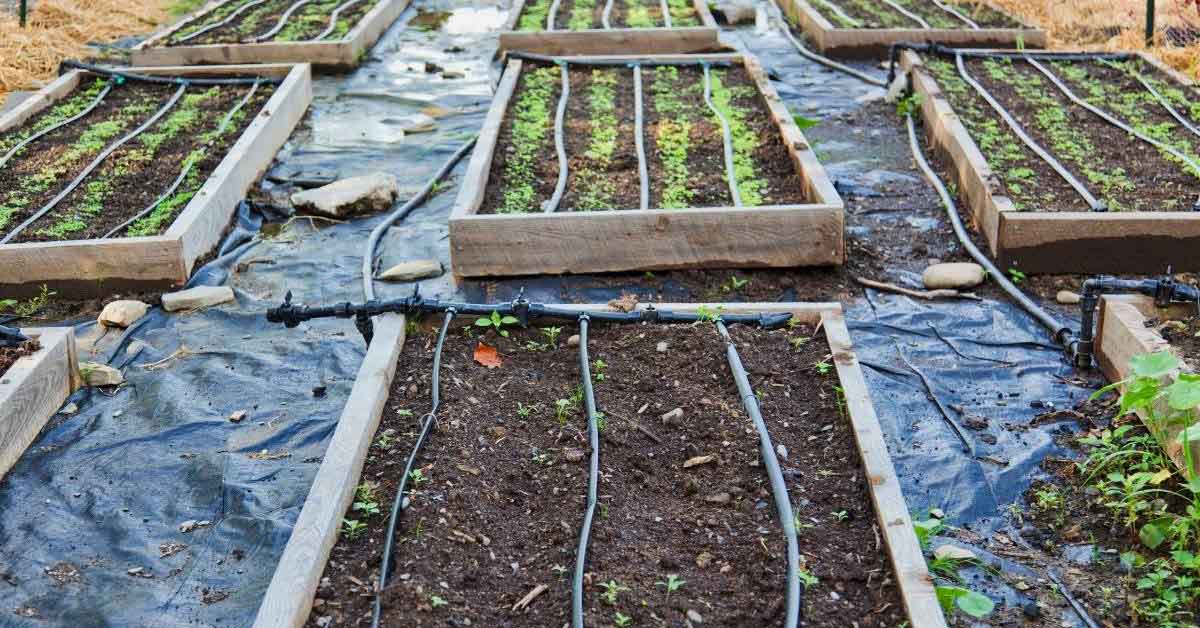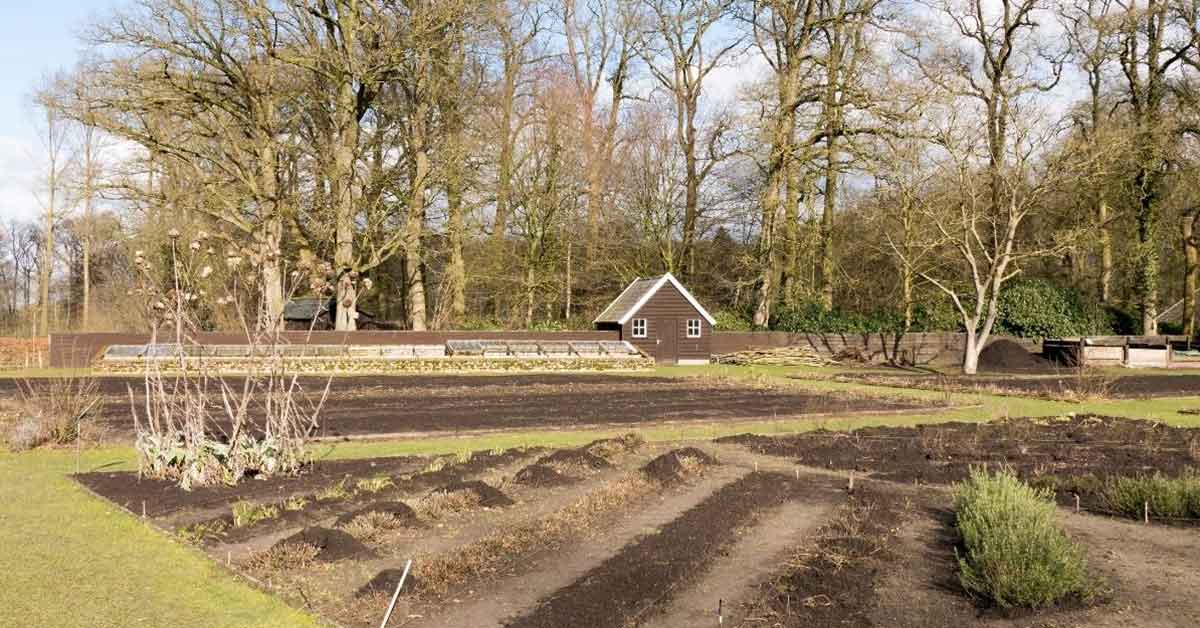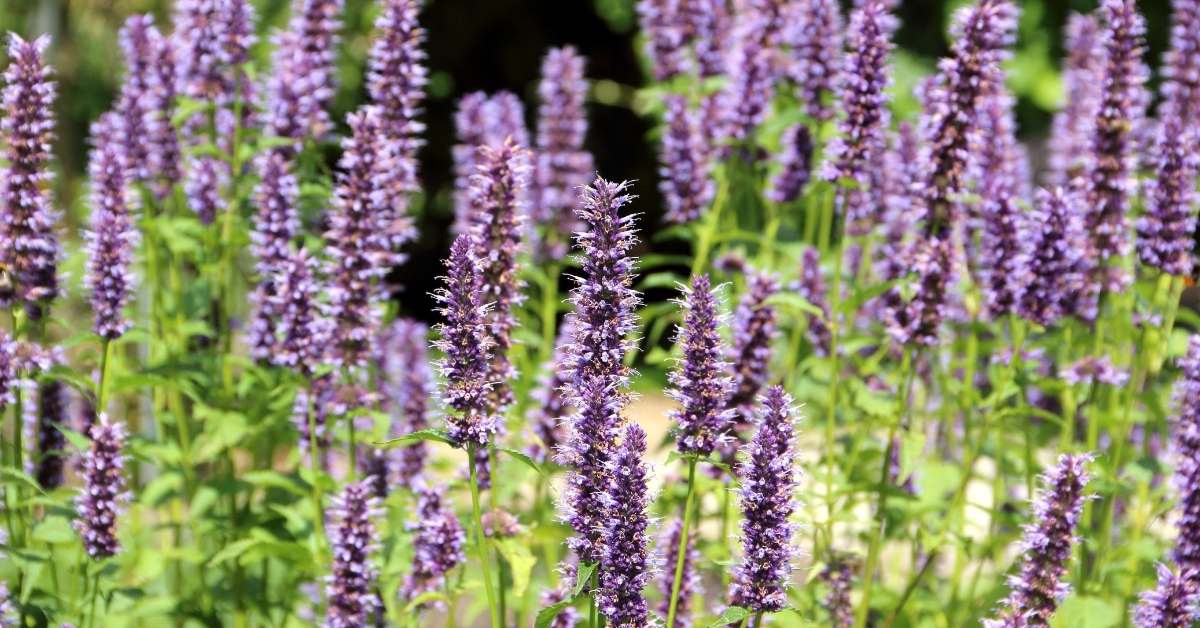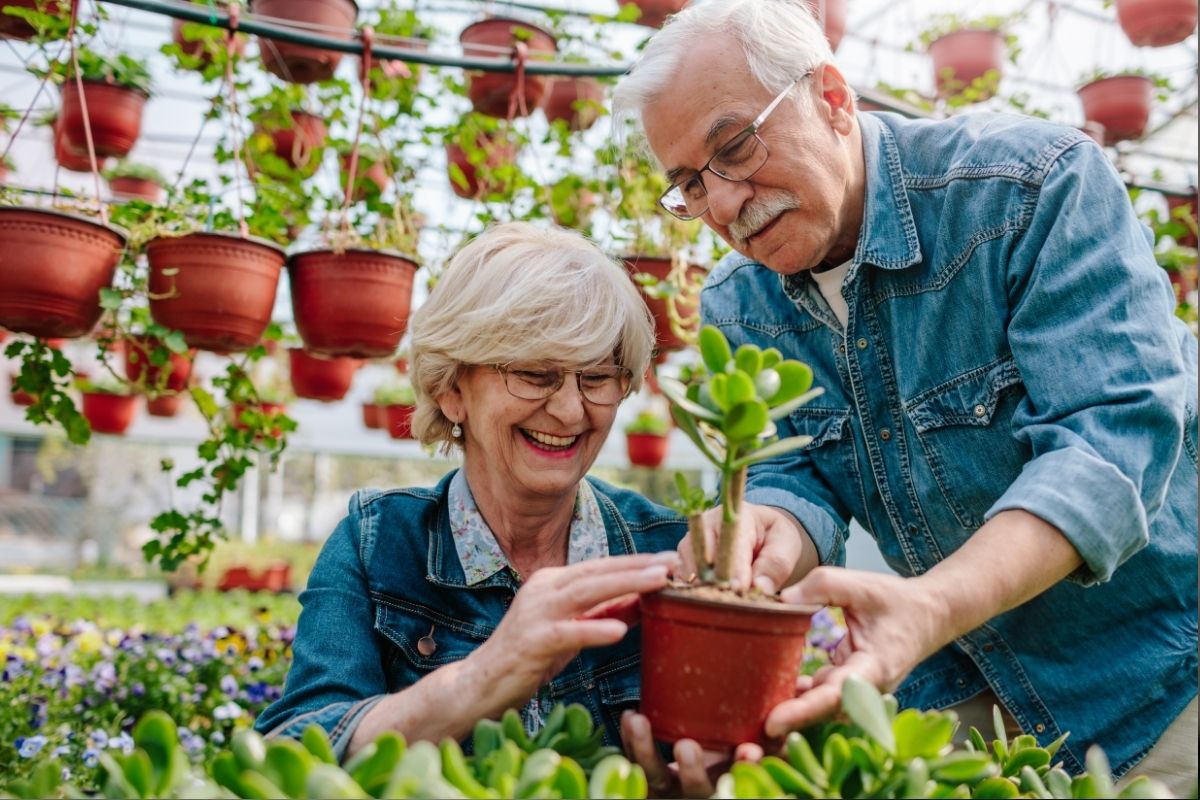Has it always been your concern how difficult organic gardening is? Or the question should be, how easy is organic gardening? The answer is that it’s actually easier than conventional gardening! Why? Once you begin practicing organic methods, you will quickly realize that everything has to do with the soil. Once your soil is healthy, the time, maintenance, and frustrations of gardening will actually do down.
Soil and the Health of Your Garden
Most people, brought up in a world of chemicals and pesticides, do not realize that adding more chemicals to their lawn and garden is like living on a diet of donuts and soda pop. Sure, you’ll get a quick, energetic sugar rush, but soon afterward, you feel even more tired and listless.
It’s the same with your soil. Adding chemical fertilizer only gives it a quick boost but does nothing to improve the soil in the long run. Organic gardening is basically organic soil building. 90% of all garden failures are caused by poor soil, so by improving the soil fertility, the organic gardener prevents the primary cause of poor gardening results.

How to Become a Successful Organic Gardener
To wean your home garden off chemicals and become an organic gardener, you have to plan ahead. Realize that it will take a few seasons for your garden to renew itself. Consider that you are embarking on a new adventure – a voyage of discovery into the world of nature’s wonders. You will create a place for healthy plant life that is supremely fertile and natural in your garden.
You will grow plants that are superior in size and nutritional quality to the average product available in the marketplace. You will also be creating the cleanliness and spirituality of nature’s design for life on this planet.
In a nutshell, you will follow the patterns set down by nature. With millions of years of refinement, nature definitely knows best!
Step 1: Make Your Soil Healthy Again
An organic gardener uses natural mineral and organic fertilizers to build up the soil. Chemical fertilizers and insecticides are not used because these artificial stimulants and disinfectants compromise the desire for good soil and can also be dangerous. Water pollution from fertilizer and spray runoff reflects some of that danger.
Compost is by far the most effective soil fertilizer. You can use ordinary household waste such as fruits, vegetables, lawn clippings, coffee grinds, and even hair and dryer lint in your compost bin. The more variety of ingredients (so-called “green” and “brown” materials), the better the results of your composting.
Mix composted manure, bone meal, and other organic fertilizers into your soil as well. Your lawn, vegetable garden, and flowering plants will each need different types of fertilizer, so learning which plants grow best in which kind of soil will allow you to drastically cut down the maintenance of your garden as the years pass.
Step 2: There is No Step Two!
That’s it! It’s all about the soil. Once you learn all about your soil, organic fertilizers, and which plants need what, you will begin to see fabulous results. It does take a few years, as nature will start to break down and purge the chemicals from your yard and start renewing itself, leading to healthier plants and more vigorous vegetables.
Secondary maintenance, such as weeds, plant diseases, and pests, will always be a concern, whether you go organic or stay conventional. However, as an organic gardener, you will know that every weed and pest has a natural enemy, and every disease has a cause that you can minimize using natural methods.
For instance, lawn maintenance will consist of more nitrogen-rich organic fertilizer and mulching. Healthier soil will mean thicker grass, which in turn crowds out weeds that try to take root. With the proper nutrients and proper amount of sun, flowering plants will give off more enormous and more colorful blooms.
They will resist pests and diseases better because they are receiving the right organic minerals and nutrients. Vegetables will taste better and be much healthier, as what is reflected in the soil is what is in your food.
Most people are now witnessing the direct result of the misuse of our environment and the failure of industry and agriculture to understand the importance of the life cycle. You no longer have to be a visionary or a prophet to know that the way our world is being abused is leading to trouble.
Poison sprays disrupt the balance of nature by killing insects vital to a thriving environment and garden. Other chemicals that remove pests and weeds not only kill different life with unintended results but actually force weeds and harmful bacteria to become stronger, leading to disastrous consequences in the future.
The organic gardener knows that instead of taking from the soil, they are giving and sharing and constantly restoring it as part of the cycle of life itself.


